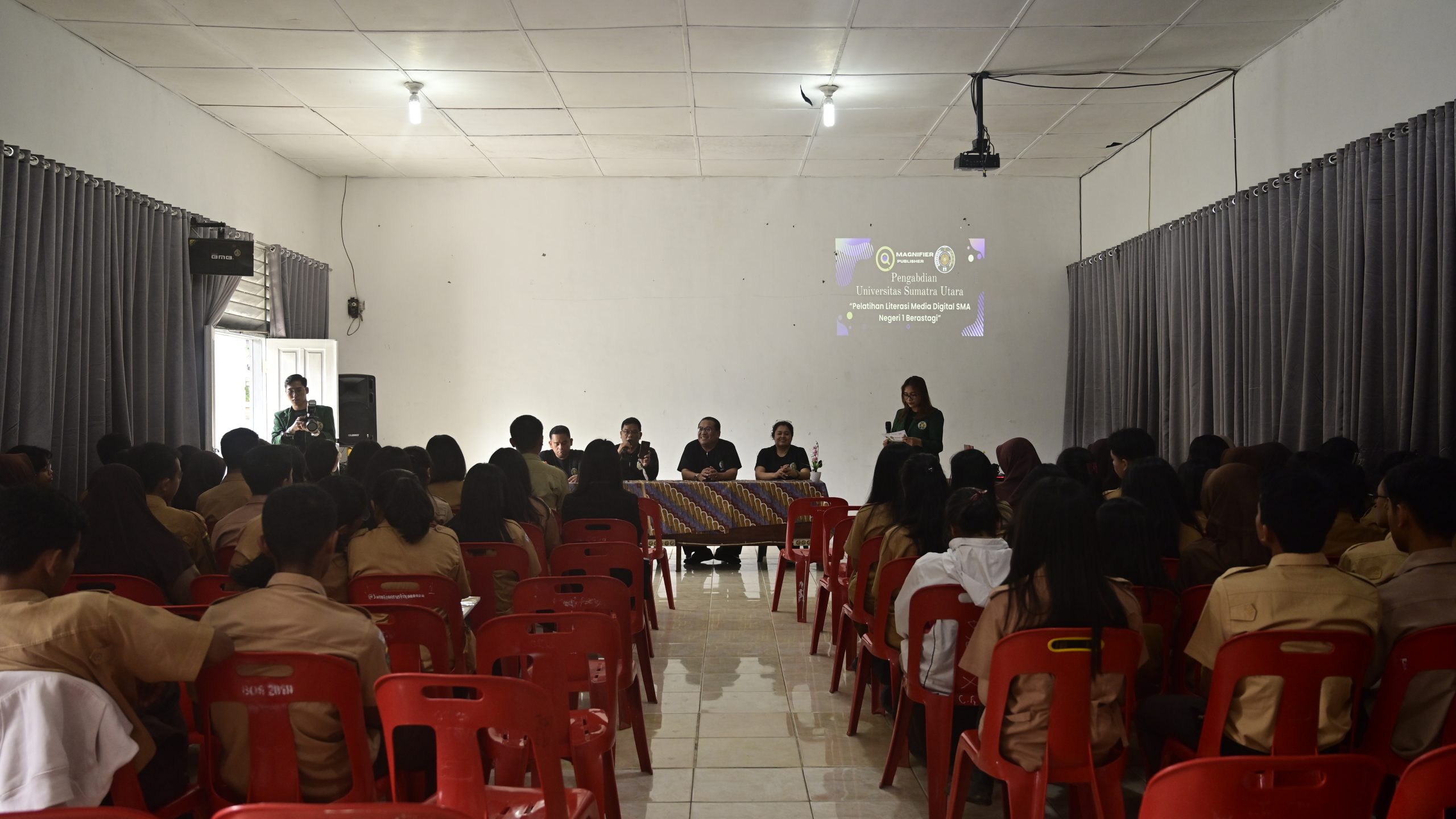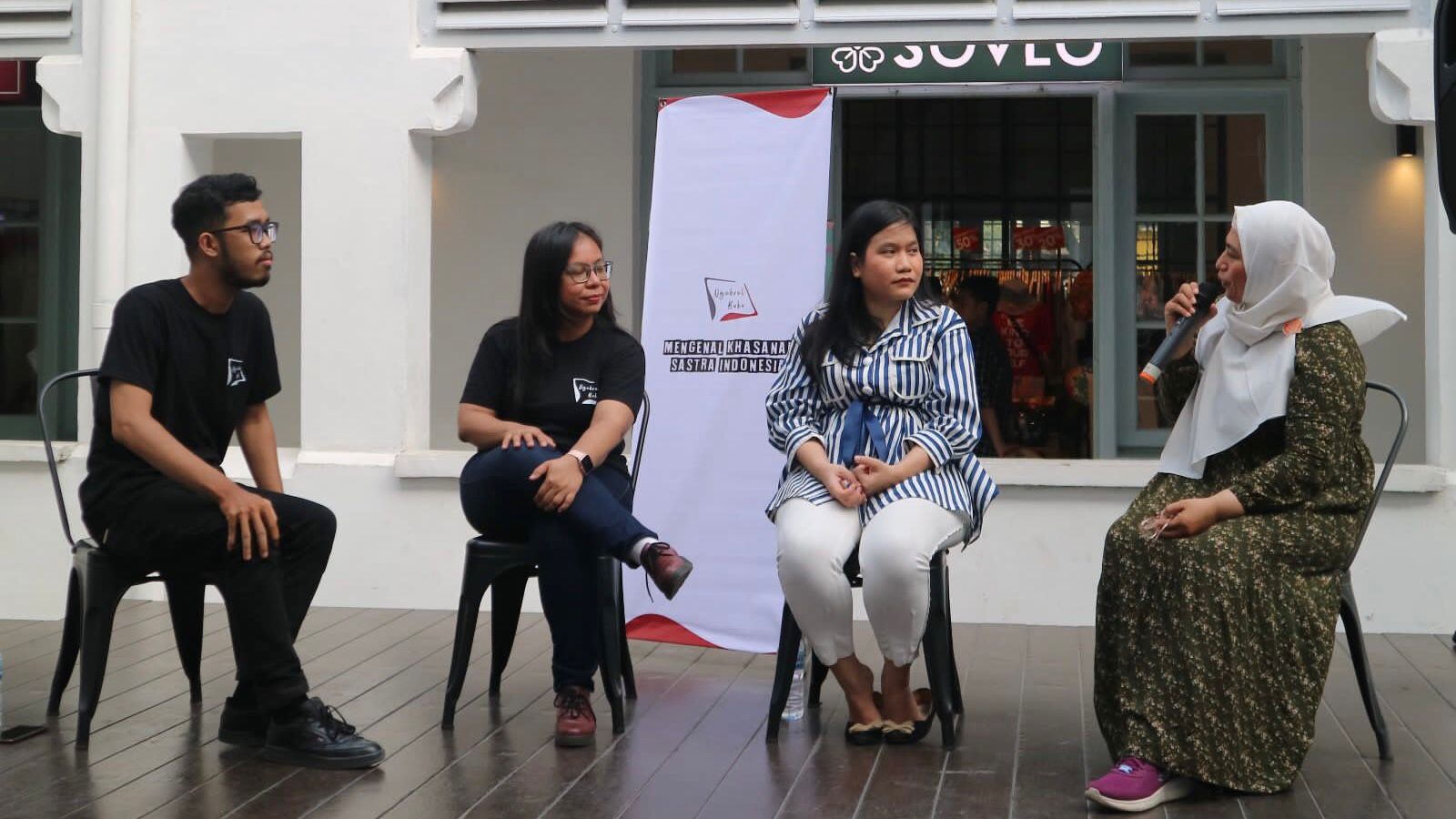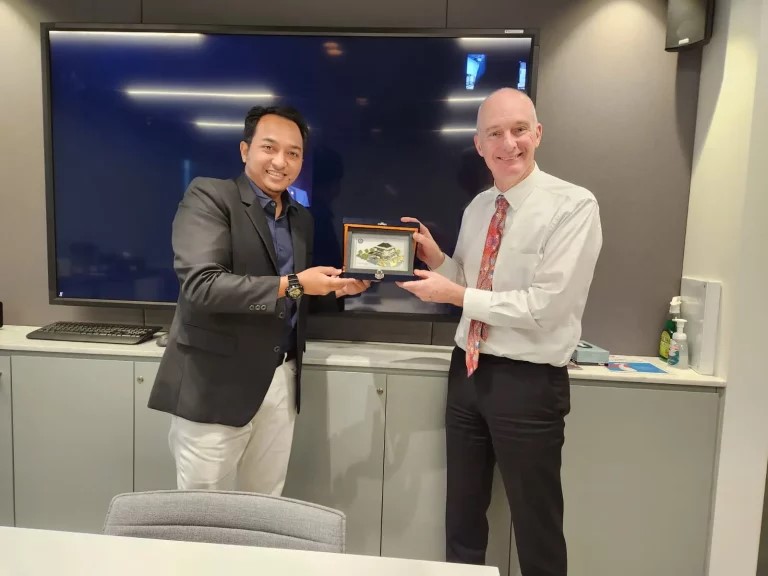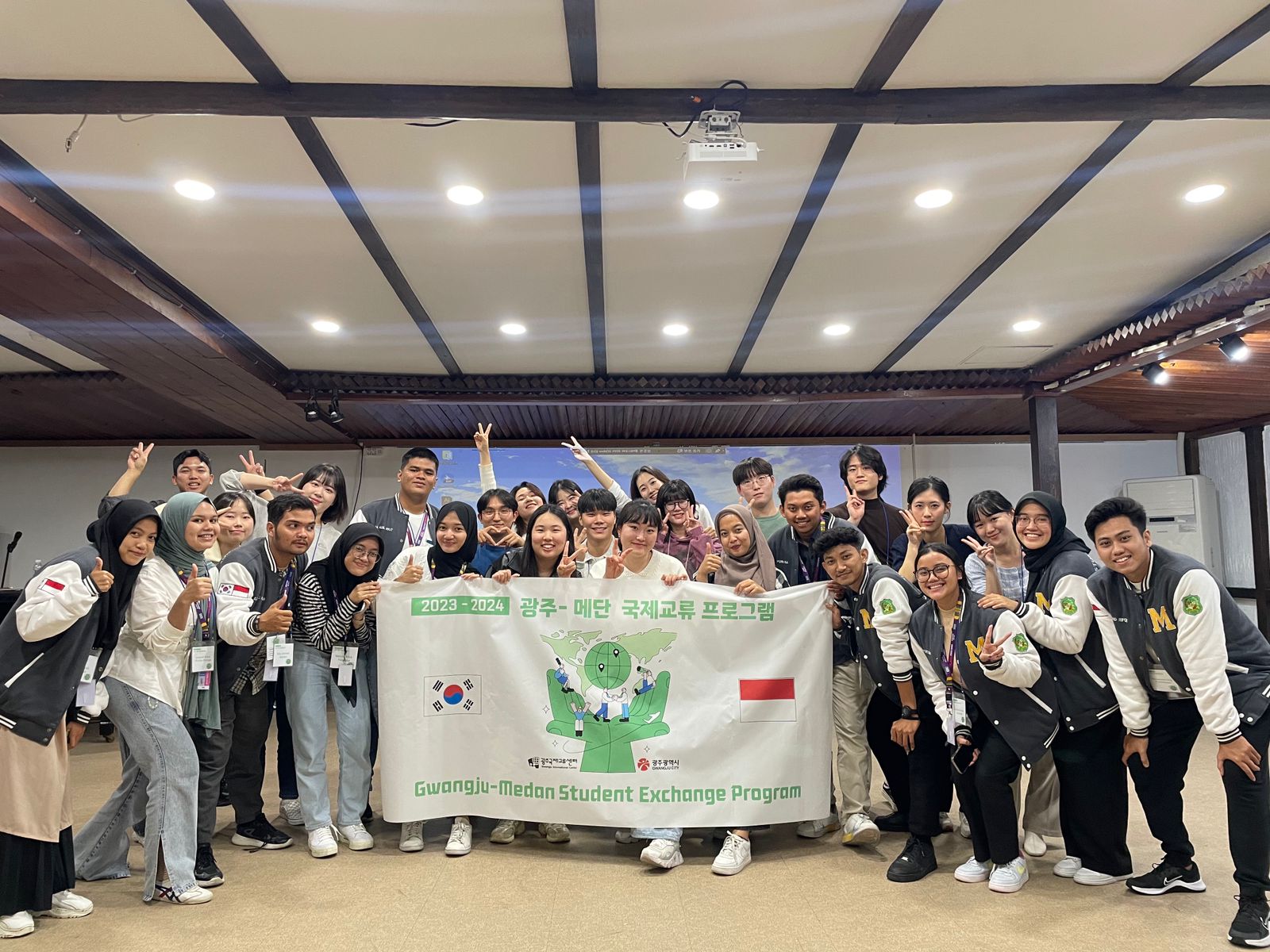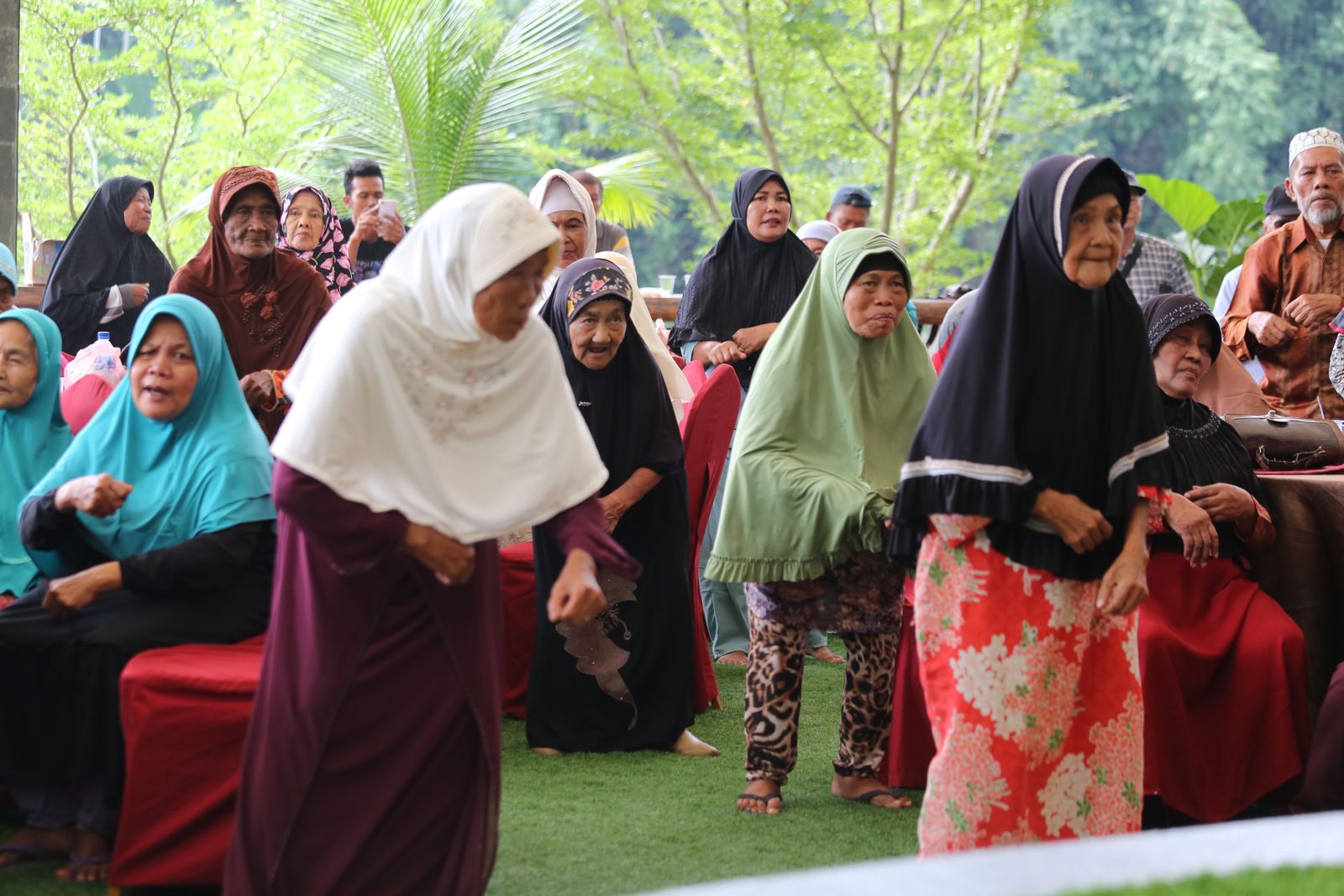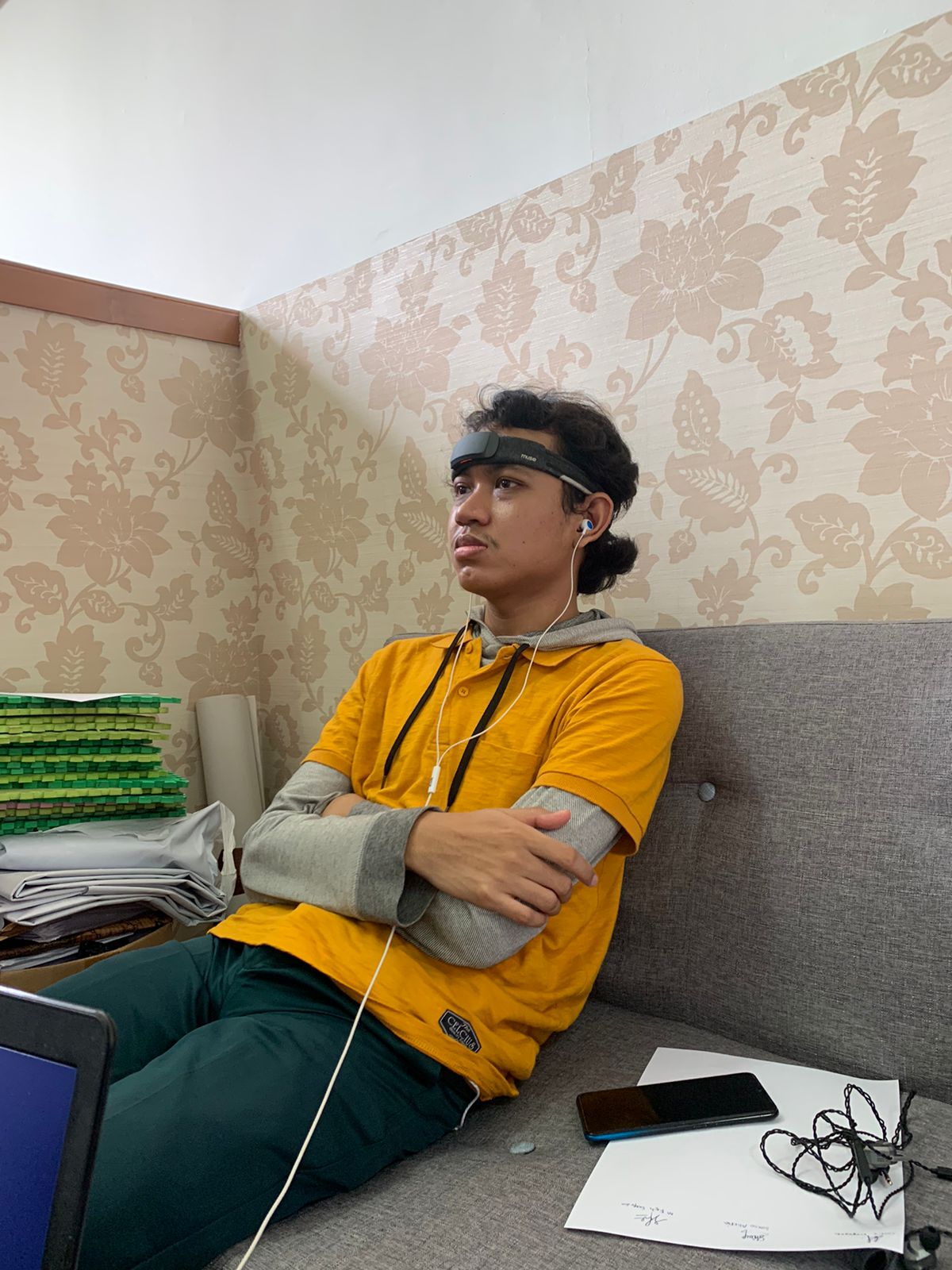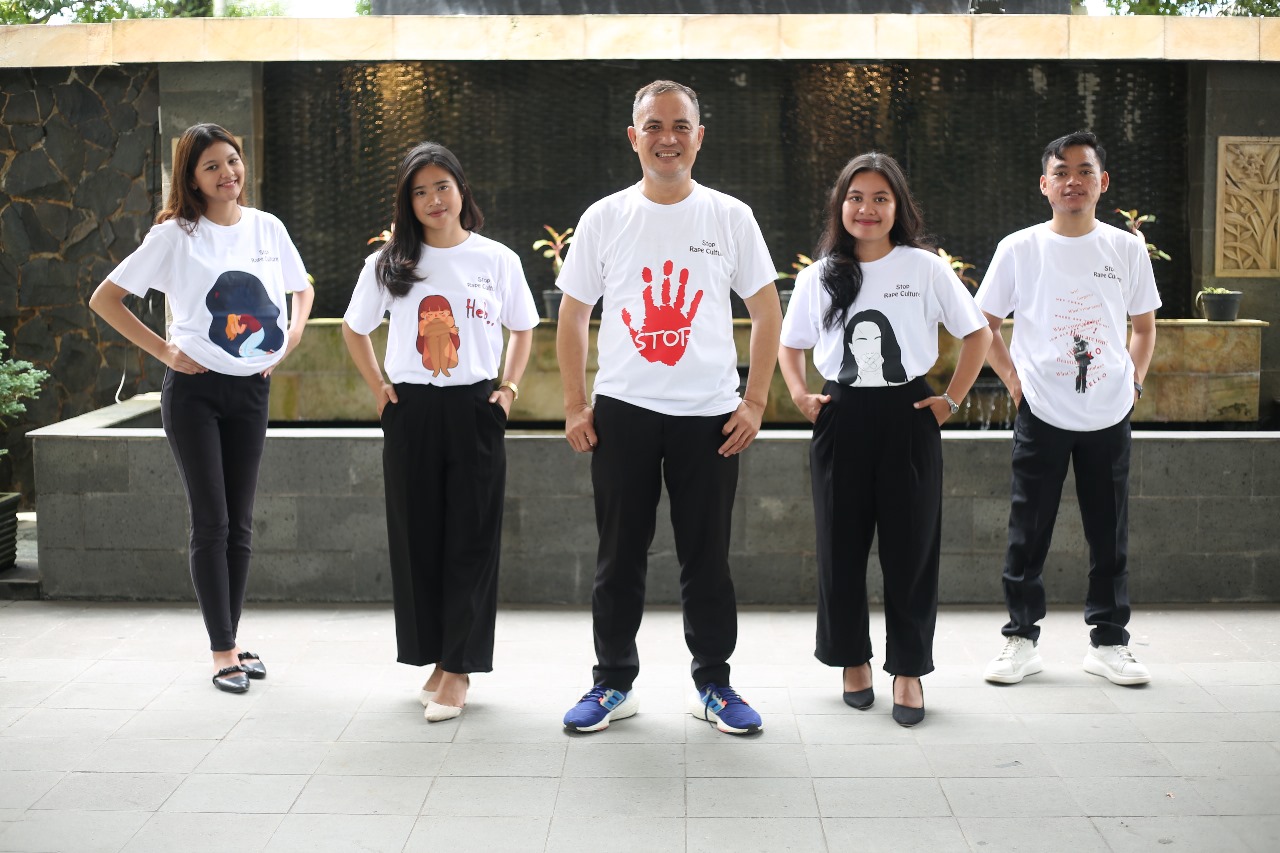Recently, the development of technology is increasingly rapid with the times. Teenagers are digital natives in the digital age with a high level of digital exposure. However, weak digital literacy is a problem faced by adolescents globally.
There are still many teenagers who are not familiar about crimes on social media (cybercrime). However, when they were asked about experiences related to cyber bullying, 85.5% of participants admitted to having experienced it (e.g. hate speech, hoaxes, and scamming).
Based on the data they have obtained, Tim Pengabdian Universitas Sumatera Utara (USU) from the Communication Science Study Program, Faculty of Social and Political Sciences, chaired by Prof. Dr. Iskandar Zulkarnain, M.Si together with his two colleagues Farida Hanim, S.Sos, M.I.Kom and Arief Marizki Purba, SE, S.Sos, M.Si made digital literacy training for teenagers using social media at SMA Negeri 1 Berastagi.
In this activity, they were accompanied by Magnifier Publisher, a group of students consisting of Nadya Elisabeth, Ferry Dharmawan, Sarah Haninditya, Dea Gracia, and Sandrina Humaira who really care about digital literacy and feel they have an urgency to share their experiences related to digital literacy with other students.
The methods used in this service activity are training with details of participants digital literacy ability tests, interactive quizzes, case studies and scenarios from participants real experiences, discussions from videos and animations, giving personal and group assignments, and games related to digital literacy.
Tim Pengabdian hopes that after this digital literacy training activity is completed, the participants can understand more about digital literacy and be more aware of the do’s and don’ts on social media.



